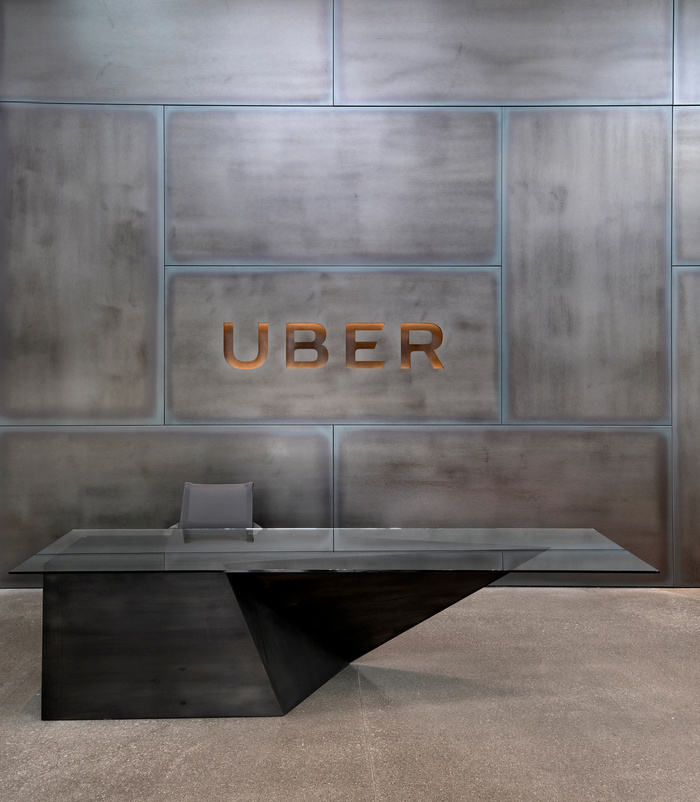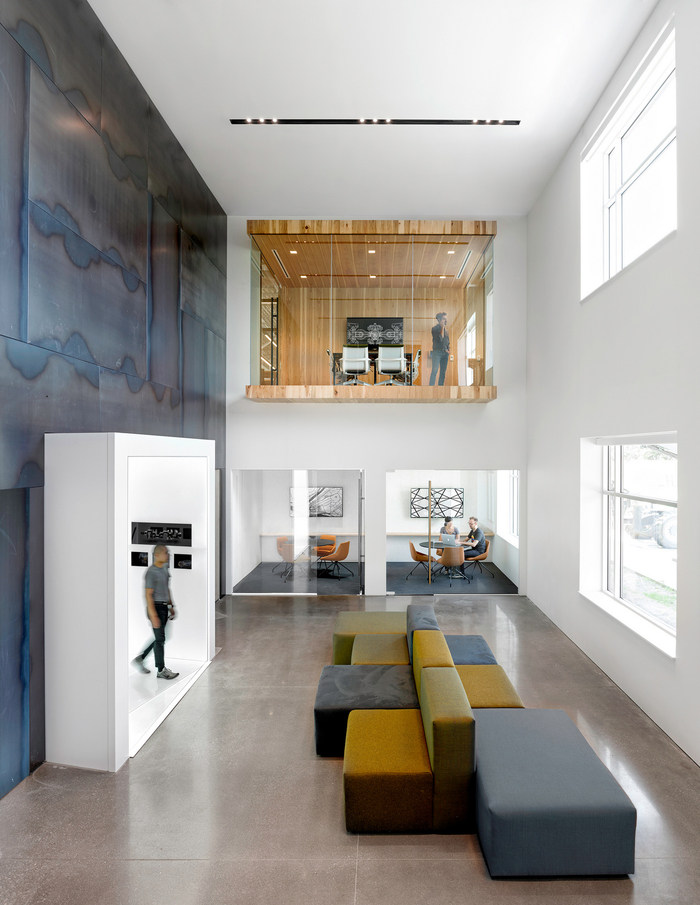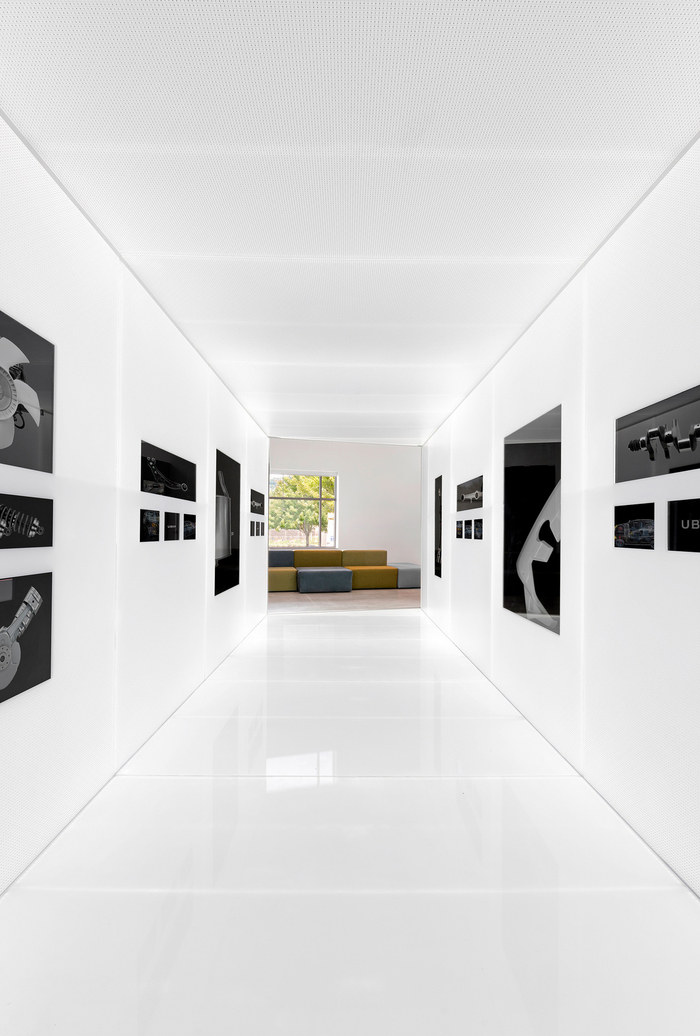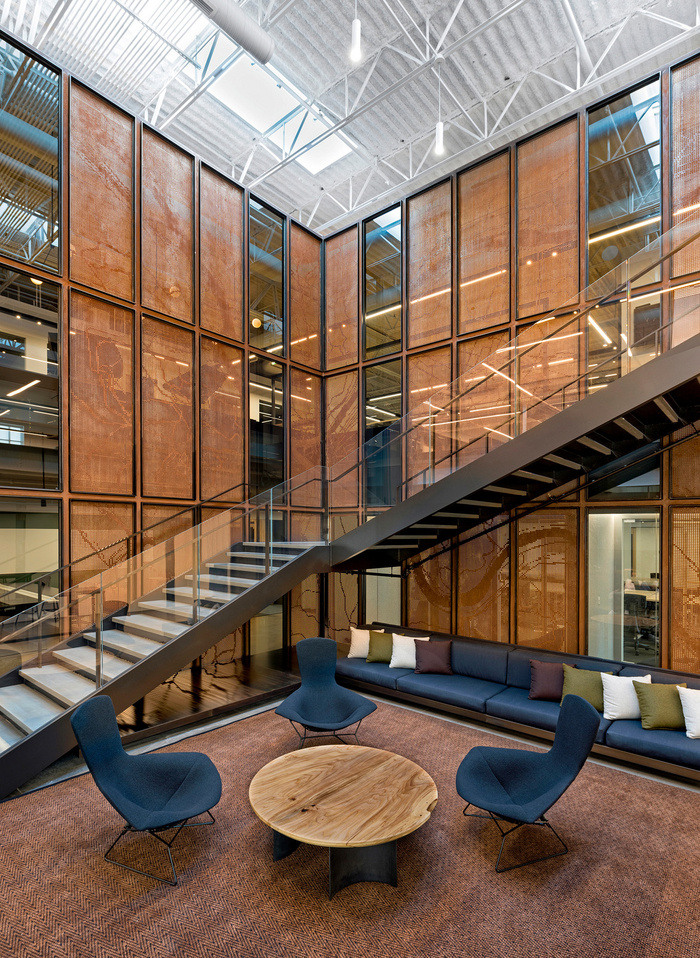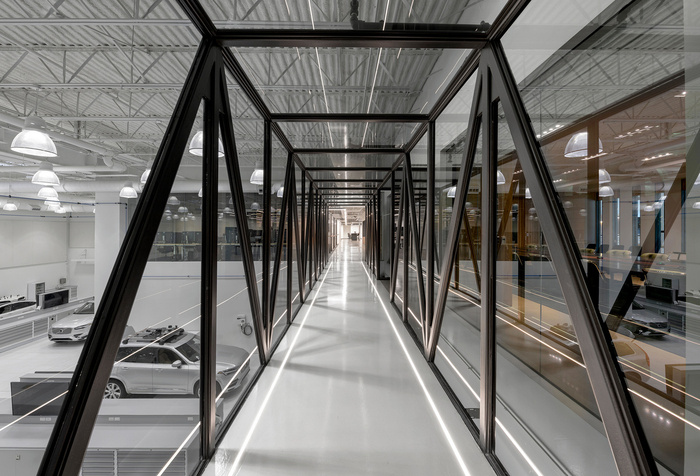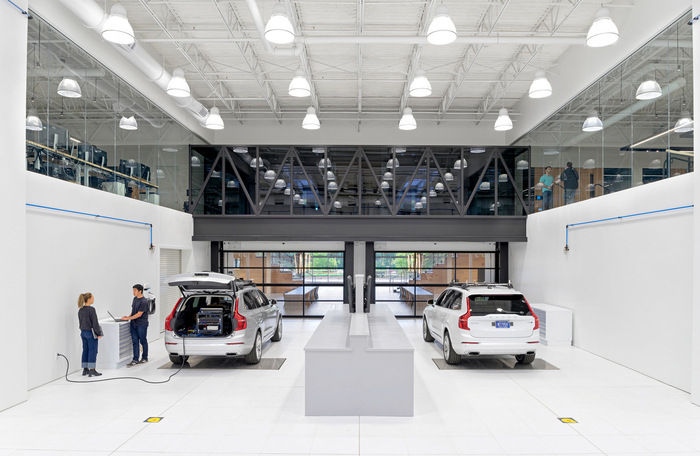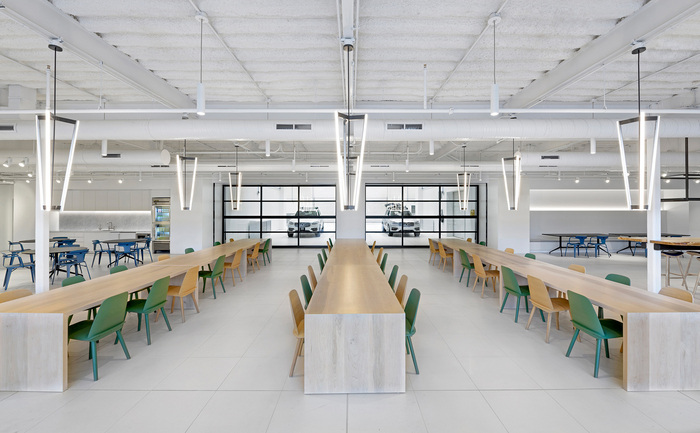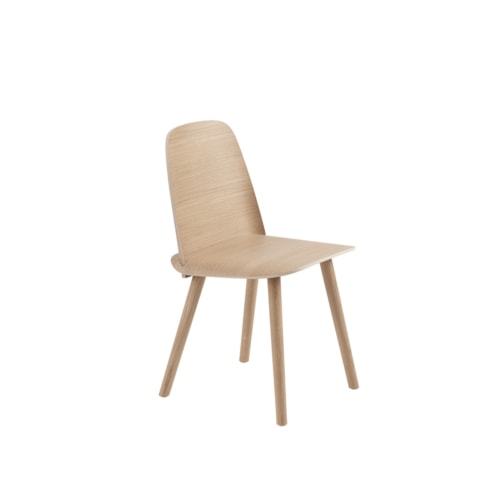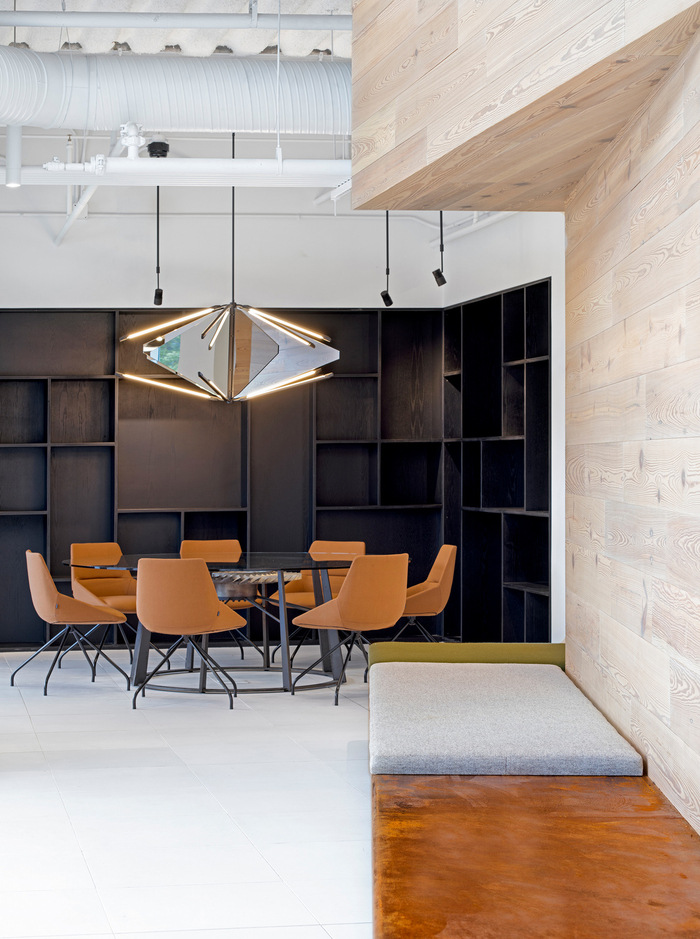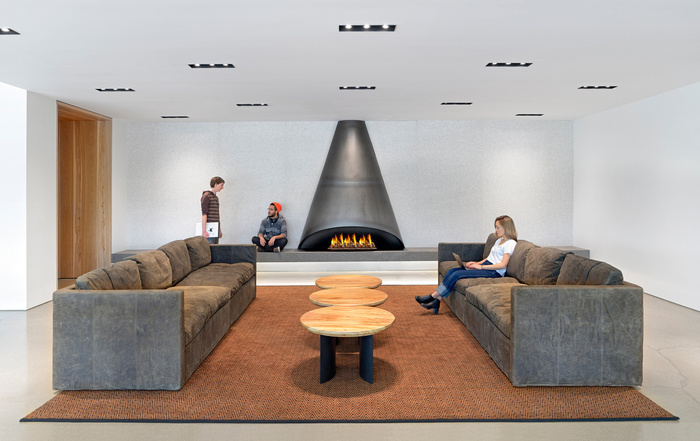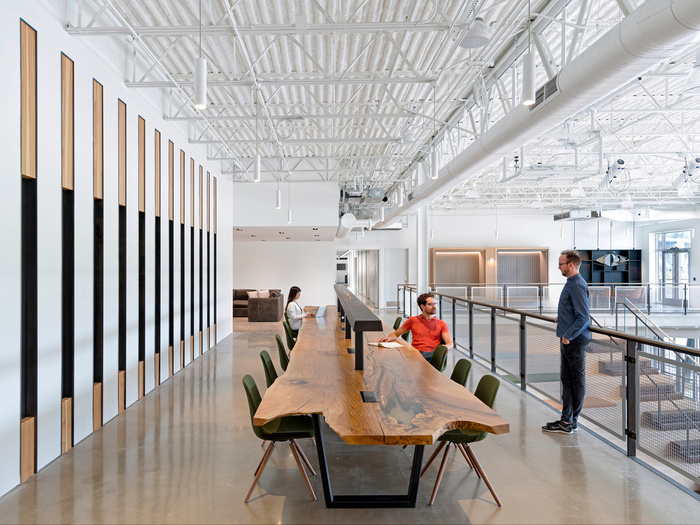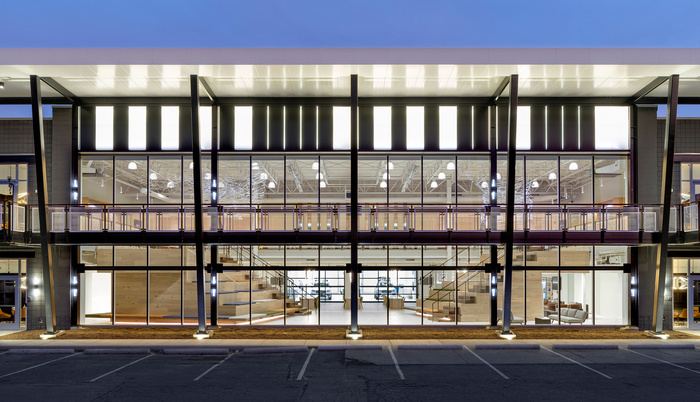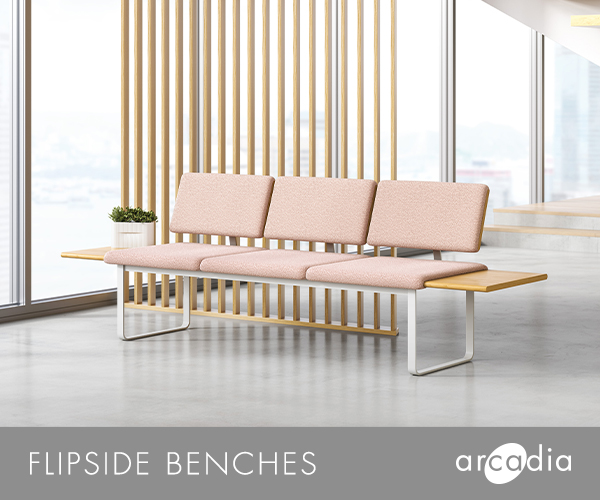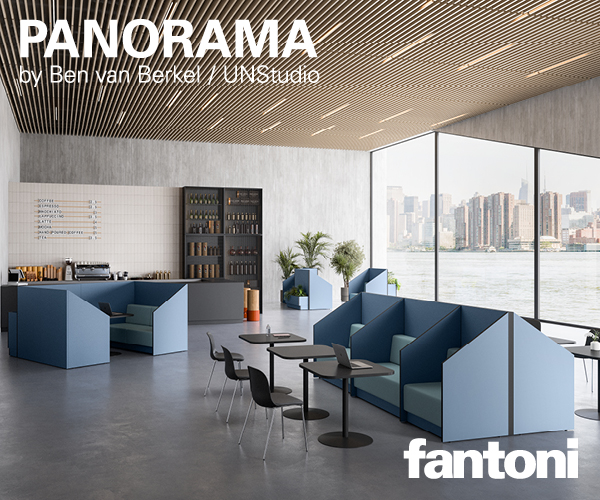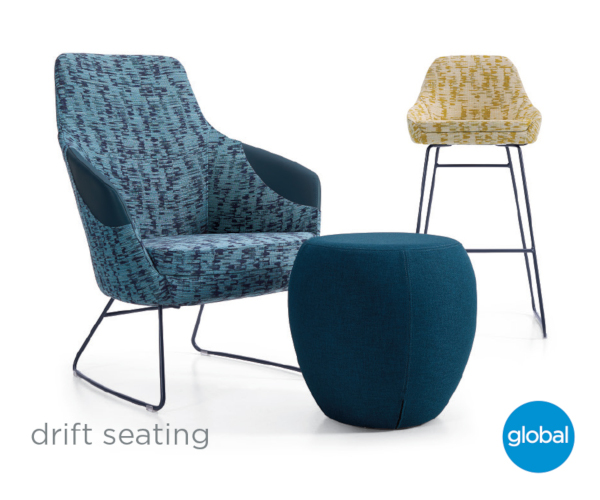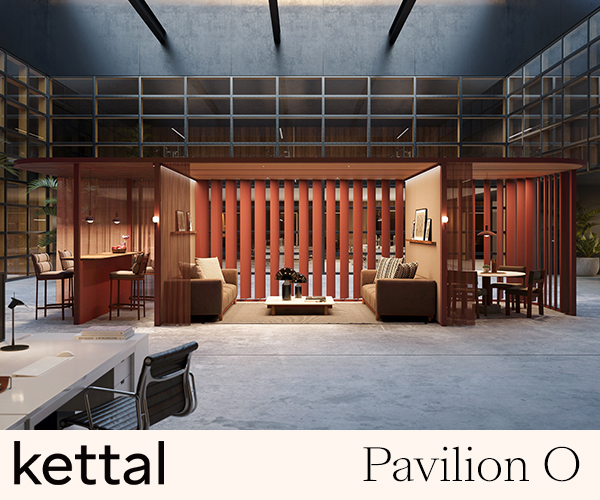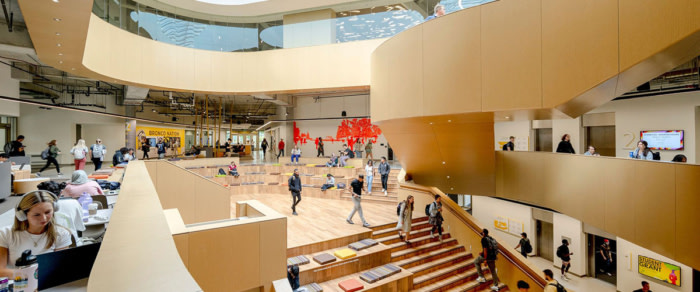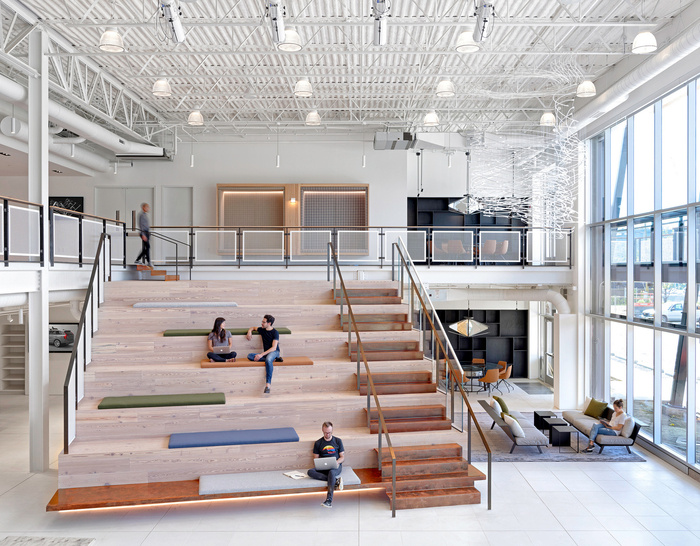
Uber Advanced Technologies Group Offices – Pittsburgh
Assembly Design has designed the new offices of transportation network Uber, located in Pittsburgh, Pennsylvania.
Since Uber’s inception in 2009, the company has transformed the way we live by connecting over a billion riders to drivers in 450 cities and counting. In 2015, Uber opened the Advanced Technologies Group (ATG) Center in Pittsburgh to research and develop solutions for mapping, vehicle safety, and autonomous transportation. Pittsburgh’s long history of cutting-edge production technology and manufacturing the most essential machines of its age matched perfectly Uber’s desire to launch and build its first self-driving vehicle. This idea of marrying the past and future became the design inspiration behind ATG.
In a renovated 80,000 sf warehouse space, engineers will be envisioning, designing and building a city for the future. Every wire, part, and idea forged within these walls will be an artifact of that future. Uber envisioned this space as a cathedral to the values of industry—hard work, dedication, creativity. At the head of the plan’s central nave is the showroom which acts as a kind of altar to the autonomous car. Everything here is white – stark white, from the bleached pine stadium seating canted slightly, looking out a curtain wall at the Allegheny River, to the granite replace, warming the space on snowy, winter days.
Drawing inspiration from the “City of Steel” (now a “City of the Future”), Assembly Design Studio wanted to both contrast and complement the bright white of a showroom by warming the space with colors and materials associated with the industrial era. The worn corten steel frames, glass walkways, and natural grain of local hardwoods all echo the city’s former glory.
Unlike a typical technology office, this space is for builders. With ample desk room and a table between every pack of workstations, each person can work 360 degrees. Every work area has room for toolboxes, carts, and, of course, prototypes. There are studio spaces, designed for teams of six to brainstorm and hash out specific projects over a set period of time. Each space has an informal area, two small conference rooms, and six workstations. “We built a space based on function first” says Liz Guerrero, co-founder at Assembly. “They’re builders. We wanted to bring beauty in basic, functional elements by pairing materials in interesting ways to create a rich experience.”
Housed beyond the rows of workstations and studios is a fully-functional machine shop. Autonomous cars are engineered, built, and tested. After receiving final, finishing touches, they are driven across white tiles into the main central nave. Merging the machine shop with the showroom is a testament that designing with function in mind first can still take an elevated, stunning form.
From the “Tunnel of the Future”, lined with an evolving series of prototypes, serving as a reminder that success is a process of iteration, to the corten laser cut panels, framed in smoked glass, depicting the birthplace of Uber and ATG, the “City of the Future” may be a place where the vehicles of both design and function may be a thing of the past.
Design: Assembly Design
Photography: Jasper Sanidad
